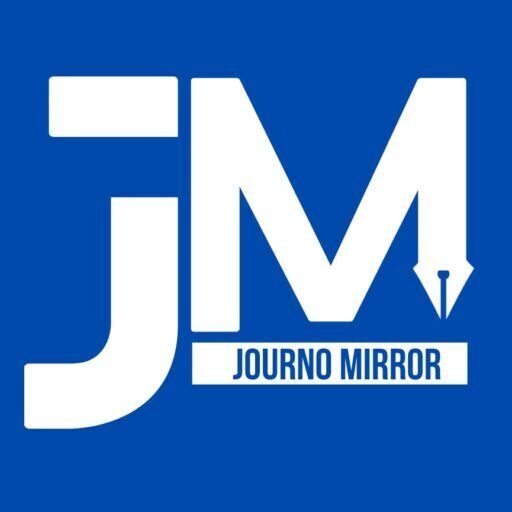The Muslim community in Maharashtra has been facing significant challenges due to the activities of certain organizations that claim to represent their interests. The All India Ulema Board has recently come under scrutiny for its alleged misrepresentation and involvement in political matters. Salim Sarang, NCP State Vice President and President of the Muslim Welfare Association, has raised serious concerns about the board’s credibility and its role in influencing the community.
Sarang’s concerns begin with the board’s operational discrepancy. While the organization presents itself as the “All India Ulema Board,” it is officially registered as the “Ulema Board.” This raises questions about its legitimacy and intentions. Sarang has called for clarity on such practices, emphasizing that the community must not be misled by entities operating under questionable legality.
Adding to this, Sarang highlighted the contradictory stance of a leading Maulana Sajjad Nomani. This Maulana, who has previously stated that “Muslim votes are not anyone’s monopoly,” is now taking a visibly biased stand by favoring specific political groups. This behavior, Sarang argues, directly contradicts the Maulana’s earlier statements and exposes a hypocritical approach. Such inconsistency not only undermines the credibility of the Maulana but also confuses and misleads the Muslim community.

Sarang further questioned the rationale behind the board’s political alignment and the Maulana’s interference in electoral matters. Instead of serving as a neutral body working for the welfare of Muslims, the organization appears to be prioritizing partisan interests. This shift in approach is not only detrimental to the community’s collective interests but also raises doubts about the true motives behind such actions.
In contrast, Sarang pointed to the tangible efforts of leaders like Ajit Pawar, who have consistently worked for the betterment of the Muslim community. Pawar’s decision to give candidacies to five Muslim leaders demonstrates an inclusive approach to governance and genuine efforts to empower the community. Sarang emphasized that these actions stand in stark contrast to the tokenism displayed by certain so-called secular parties, which he accused of exploiting Muslims for electoral gains without delivering meaningful results.
Sarang’s critique also stems from his personal experience with the All India Ulema Board. Having joined the organization in October 2023 with the hope of contributing to community welfare, he resigned by March 2024 after realizing the board’s lack of focus on meaningful progress. He expressed disappointment over its prioritization of political affiliations over genuine issues affecting the Muslim community.
In his statement, Sarang urged the Charity Commissioner and Election Commission to investigate the activities of the All India Ulema Board and Maulanas associated with it. He called for transparency and accountability, arguing that organizations claiming to represent the community must act lawfully and with integrity. The misuse of influence and contradictory stances, he said, damage the trust placed in such organizations.
In conclusion, Sarang’s appeal underscores the need for the Muslim community to critically assess the actions and motives of those claiming to represent their interests. Hypocrisy and political manipulation must be challenged to ensure that the focus remains on genuine community upliftment and progress. His statements serve as a reminder that true leadership lies in consistent, transparent, and meaningful efforts for the collective good.

